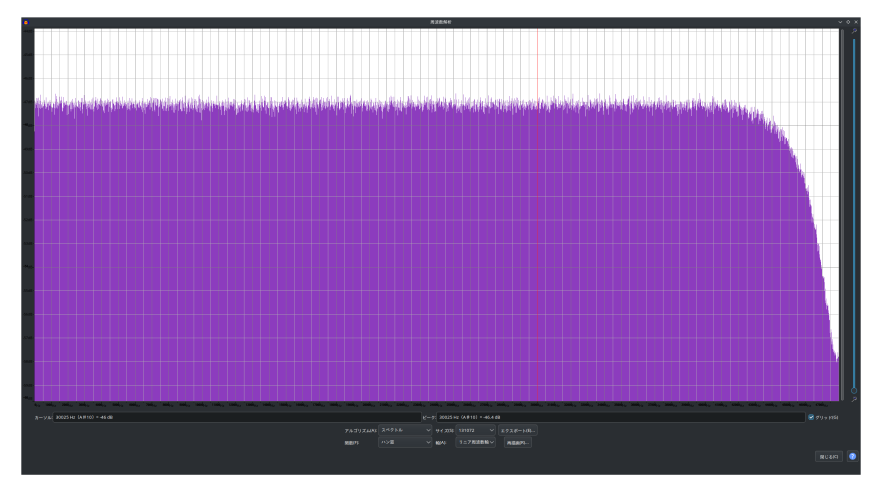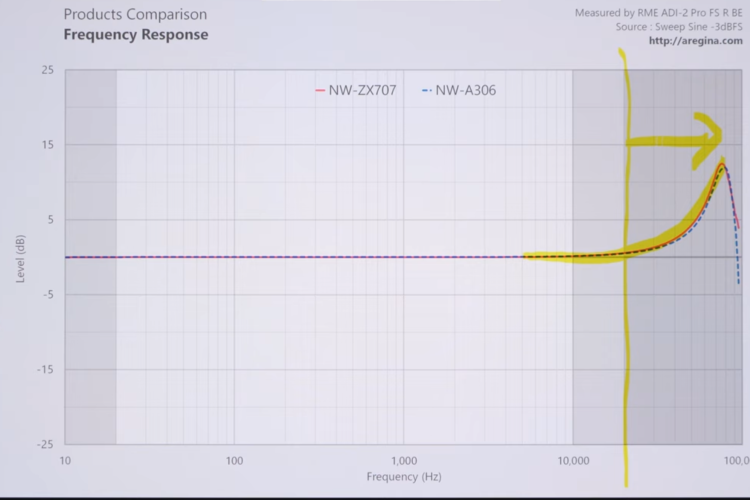You try stuff, casually, you feel a change, and you talk about jitter. I'm not even sure we can acknowledge correlation from that, let alone causation. Plus, what does that have to do with amplifiers?
If you need to know for a fact about your own system in your own house, get a measurement rig(for jitter I'm not sure you can hope for something credible below maybe 400$, and ideally, real expensive gear like some Audio Precision rig would be better as this is such a tiny thing to try and measure very accurately(why it doesn't justify making a big deal out of it in the first place).
If you plan to experiment with actual listening tests, you can start with Distort
https://distortaudio.org/ and try various settings for yourself. Of course, even with that, one can use it casually and come up with any sort of conclusions from "hearing" all the scary looking graphs. I can try to explain the need for actual listening tests all my life, I can't force anybody to actually do something correctly from time to time.
Just worrying because you think there's a link between casual impressions and variable X, without even a clear concept of the magnitudes involved or when we humans can detect them, I cannot see how that's ever going to serve your enjoyment of music, your curiosity about objective stuff, or your desire for fidelity.
As a special case, if you go fool around with inputs that are locked on the computer clock, and it sucks, when there's a fine USB right next to it, I'd say you're not demonstrating that jitter matters, but that you might have a secret passion for masochism.

Here is what my SS amplifier sounds like playing Sultan of swing, a real wire with gain:





















 just sharing my expierence YMMV
just sharing my expierence YMMV


